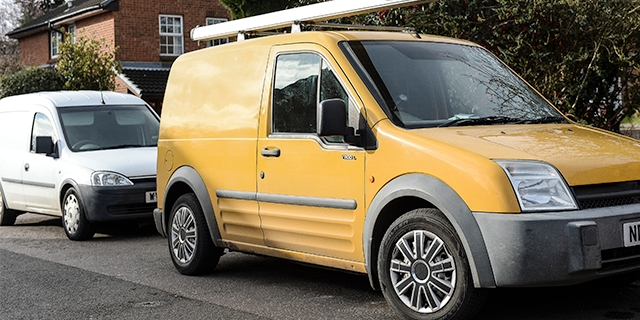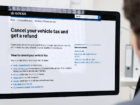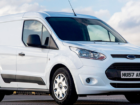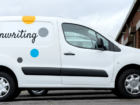Taxing a van isn’t the same as taxing a car and it’s further complicated by taxes levied for benefits-in-kind if your job comes with a company van. To find out exactly how much tax, or vehicle excise duty (VED) as it’s officially called, you need to pay, here’s what you need to know.
How much van tax do I have to pay?
The amount of tax you pay will depend on when your van was made:
Light commercial vehicles up to 3.5 tonnes and registered before 1 March 2001
There are just two tax bands for these vans which are based on their engine size:
- Engines up to 1549cc are charged £165
- Engines over 1549cc are charged £270
Light commercial vehicles up to 3.5 tonnes and registered on or after 1 March 2001
These vans are charged at a flat rate of £265 unless your van meets specific European CO2 emissions standards.
Euro 4 vans (registered between 1 March 2003 and 31 December 2006) and Euro 5 vans (registered between 1 January 2009 and 31 December 2010) are currently charged £140 for a 12-month period.
How much is van tax on vans more than 3.5 tonnes?
If you’ve got anything over 3.5 tonnes that you use privately, you’ll pay £165 for the year.
If you use a heavy goods vehicle for work, what you pay will depend on maximum weight and axle configuration. You can find detailed tables of van tax rates for HGVs at GOV.UK, vehicle tax rates.
Does my double cab or pick-up count as a van?
As lines between models start to blur, it can be difficult to know when your car becomes a van but an easy way to tell whether your vehicle is a van, is to check your V5C logbook. If it’s classified as either N1 or N2, it’s a van and should be taxed and insured as one.
Vans also have some key features, including:
-
- A double cab configuration where driver and passengers are in separate area from the back of the vehicle.
- A pick-up bed at the back of the vehicle used for carrying equipment, either with or without a roof.
- It can carry more than 1,000kg.
What tax do I pay for a company van?
If you’ve got a company van that doubles up for personal use, then you’ll have to pay extra tax for receiving this perk (known as a benefit-in-kind or BiK).
For tax purposes, using your work van for personal use includes doing the school run, weekly food shop or simply using it for home activities on a regular basis. If this is the case, then you’ll have to pay benefits in kind.
The amount is calculated by taking your income tax rate and multiplying it by the BiK rate which is currently £3,430 for the 2020/2021 tax year. For example, if you pay the basic rate of tax, you would pay 20% x £3,430 which is £686 (or £57.17 per month). This will usually be taken at source through PAYE.
If you don’t use your company van for personal reasons, then you won’t pay any extra van tax. For example, if you’re only using your work van to make ad hoc ‘pit stops’ for a pint of milk or a one-off appointment somewhere. As far as HMRC is concerned, these activities are classed as ‘insignificant personal use’, so you don’t need to pay any more.
Do I pay benefit-in-kind tax on a company electric van?
Yes, you’ll still be charged benefits-in-kind on an electric company van, but you’ll pay less. Currently, you’ll be charged at 60% of the standard BiK rate which is £2,058. If you’re a basic rate taxpayer, it means you’ll be charged £411.60 instead of £686 for the year (or £34.30 per month).

Is my van taxed?
If you can’t remember whether you’ve taxed your van, there’s no need to panic. As long as you have your number plate details, you can check quickly and easily online, at GOV.UK.
How can I save money on my van insurance?
Another compulsory cost to owning a van is your van insurance. Whether you use yours for your own business, or to make deliveries we understand that you need a policy that’ll give you peace of mind.
To find van insurance that gives you the protection you need at the best possible price, start a quote online. Alternatively, if you’d like to speak to an expert member of the team, you can call them on 0330 022 8814.









